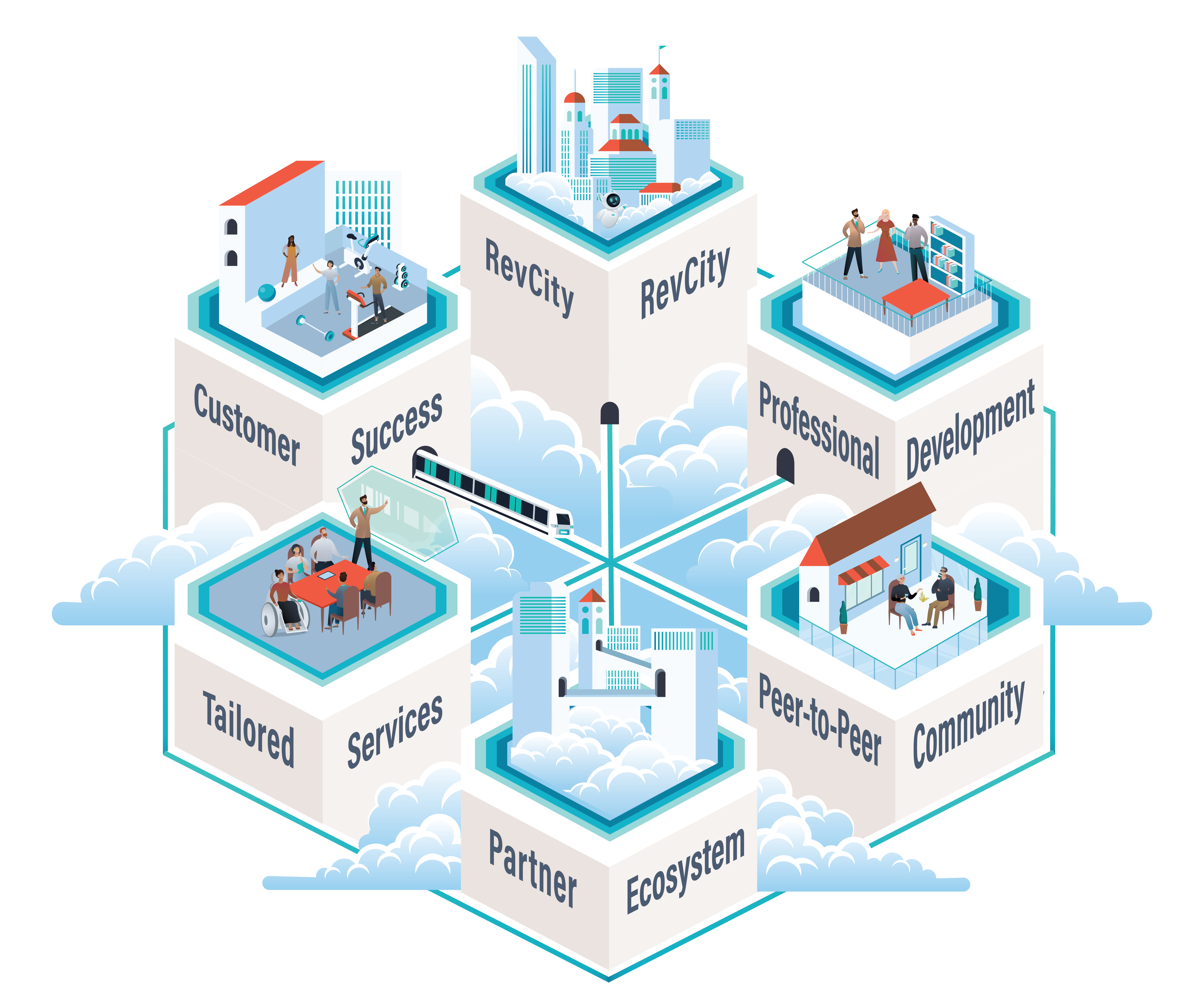Sales operations are essential for any business that wants to maximize its revenue and ensure its sales team can succeed. But with the ever-changing dynamics of the market, it can be hard to keep up with the best practices for sales operations.
With the right strategies in place, sales operations can be a powerful tool to help your team succeed. Here are five ways to make your sales operations smarter today.
#1 Be Proactive
It’s essential to stay on top of your team’s performance and identify any gaps or shortcomings. Don’t just look for temporary fixes; focus on long-term solutions that’ll set your team up for success.
For example, if you notice that your salespeople are struggling to hit their targets, identify and address any roadblocks that are preventing them from reaching their goals. Talk to your team and find out what’s causing the problem. Once you have a better understanding of the issue, you can develop a plan to fix it and set your team up for success.
#2 Address Outdated CRM and Data Decay
Data is the lifeblood of a successful sales team. Without access to up-to-date and accurate data, your team will struggle to reach their targets. That’s why it’s essential to maintain a healthy CRM that’s free from data decay and inaccuracy.
Research shows that B2B data decays at a rate of 2.1% per month. That’s an annualized rate of 22.5%. Based on this data, it’s important to clean up and enrich your data regularly. It’ll help to make sure that your team has the most up-to-date information about your current and potential customers. It’ll also help you make sure that your sales strategies are based on accurate data.
To make sure that your data is always up-to-date, you should invest in a B2B data provider (like 6sense). With detailed data packets, your sales team can better understand their prospects and reach out to them in the most effective way.
#3 Set Up a Dynamic Sales Forecasting Process
Accurate sales forecasting is essential for any successful sales team. Forecasting helps you make informed decisions about your product supply and optimize your profitability. Without it, you’ll be flying blind.
Dynamic sales forecasting should include predictive data, historical data, and feedback from your sales team. You should also have a system in place to regularly update your forecasts to reflect any changes in the market.
#4 Evaluate Your Sales Tech
As the market and technology environments evolve, it’s important to stay up-to-date on the latest advances in sales operations. Regularly evaluating your sales processes and technologies will help you identify any areas that need improvement.
Read up on new sales operations practices and stay aware of the latest trends. It’ll help you develop strategies that are tailored to your team’s specific needs.
It’s also important to invest in the right tech tools for your team. In the long run, this will make it easier for your salespeople to handle their workload.
#5 Automate All You Can
Sales automation is a great way to maximize your team’s productivity and free up their time to focus on more important tasks. Automation streamlines time-consuming, manual processes like data entry and lead generation, freeing up your team’s time to focus on more valuable activities.
Sales automation can also help you keep a better track of your team’s performance and quickly identify any areas that need improvement. It’ll help you make more informed decisions and better allocate resources.
Conclusion
No matter what size or stage your team is at, sales operations are essential for success. By following these five tips, you can make sure that your team has the tools and resources they need to maximize their revenue and reach their targets. With the right strategies in place, your team will be well on their way to success.






